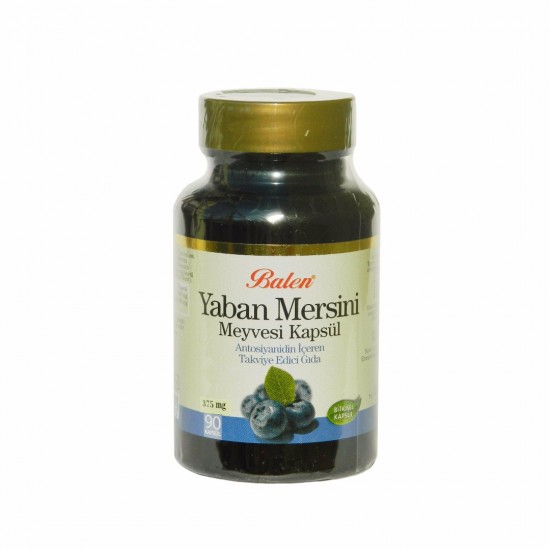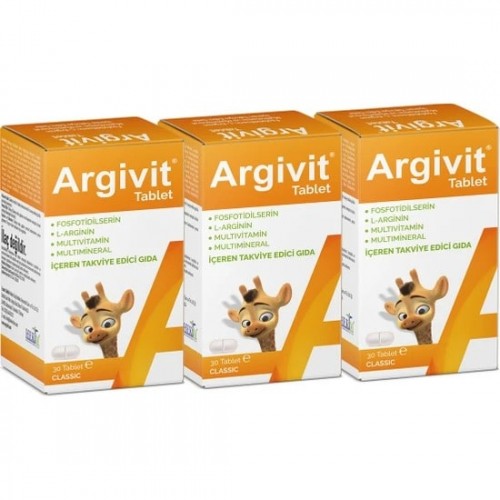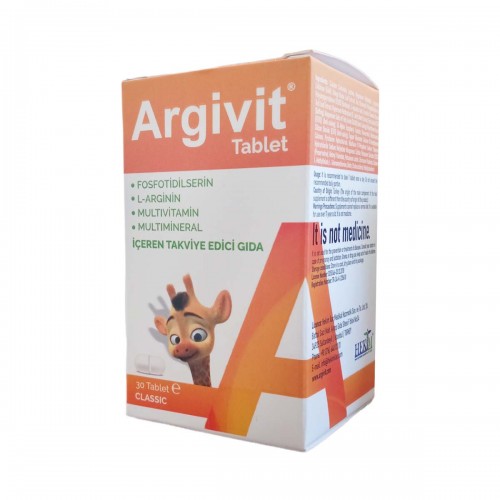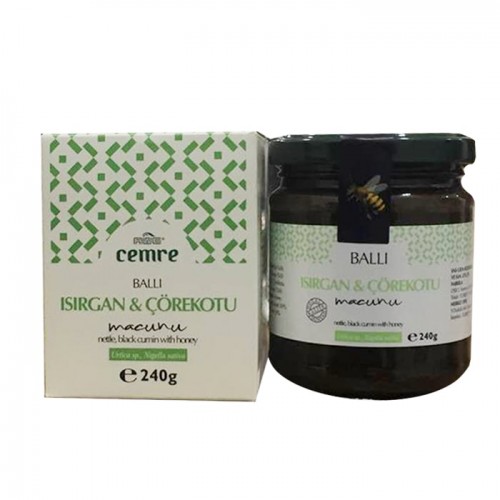
- Stock: In Stock
- Brand: Balen
- Weight: 0.07kg
- Dimensions: 5.00cm x 5.00cm x 9.50cm
- SKU: 96331116
- UPC: 690957000141
SHORT DESCRİPTİON
-
A Natural Product with MSDS “Material Safety Data Sheet” Certificate. Conforms the Turkish food codex.
-
Improved Vision
-
Lower the Risks of Alzheimer’s Disease
-
Effective for Treating Diarrhea
-
Help Prevent Cancer
-
Improve the Blood Sugar in Diabetics
-
Improve Bad Cholesterol
-
Helps Eliminate Circulation Problems
-
Free From, Artificial Colours, Preservatives & Flavourings.
Bilberry is a plant. The dried, ripe fruit and leaves are used to make medicine.
Bilberry is used for improving eyesight, including night vision. Bilberry is used for treating eye conditions such as cataracts and disorders of the retina.
Some people use bilberry for conditions of the heart and blood vessels including hardening of the arteries (atherosclerosis), varicose veins, decreased blood flow in the veins, and chest pain.
Bilberry is also used for chronic fatigue syndrome (CFS), hemorrhoids, diabetes, osteoarthritis, gout, skin infections, gastrointestinal (GI) disorders, kidney disease, and urinary tract infections (UTIs).
Improved Vision
Due to the anthocyanosides, bilberry is widely used to improve night vision or vision handicaps in low light, decreasing vascular permeability and capillary fragility. It was reported that during World War II, British fighter pilots had improved nighttime vision after eating bilberry jam.
Bilberry has been suggested as a treatment for retinopathy, which is damage to the retina. Bilberry has also exhibited protective effects against and macular degeneration, glaucoma and cataracts.
Helps Eliminate Circulation Problems
In Europe, health care professionals use bilberry extracts to treat circulation problems, also known as chronic venous insufficiency (CVI). Research suggests that this condition, which occurs when valves in veins in the legs that carry blood to the heart are damaged, may be improved by taking bilberry extract.
Improve Bad Cholesterol
The amazing anthocyanosides found in bilberries may strengthen blood vessels and prevent the oxidation of LDL (“bad”) cholesterol, a major risk factor for atherosclerosis that is the plaque that blocks blood vessels leading to heart attack and stroke.
May Improve the Blood Sugar in Diabetics
Traditionally, bilberry leaves have been used to control blood sugar levels in people with diabetes.
Help Prevent Cancer
In vitro work and animal tumorigenic models have demonstrated that bilberry anthocyanins have cancer-preventive qualities and suppressive activity due to antioxidants; the berries also have anti-inflammatory effects. A commercial anthocyanin-rich extract from bilberry was shown to inhibit the growth of colon cancer cells. In a DNA study, an anti-inflammatory profile was seen in macrophages treated with a bilberry extract and since inflammation is an important risk factor for cancer, bilberry may be very useful in its prevention.
Effective for Treating Diarrhea
Bilberry has been used in European medicine to treat diarrhea for many years. The fruit contains tannins, substances that act as both an anti-inflammatory and an astringent that helps with constricting and tightening tissues. By reducing intestinal inflammation, bilberry is believed to help with reducing the symptoms of diarrhea.
Lower the Risks of Alzheimer’s Disease
FAQ:
S1: What is bilberry used for?
A1: Bilberry is used for improving eyesight, including night vision, and treating eye conditions such as cataracts and disorders of the retina. It is also used for heart and blood vessel conditions, chronic fatigue syndrome, hemorrhoids, diabetes, osteoarthritis, gout, skin infections, gastrointestinal disorders, kidney disease, and urinary tract infections.
S2: Can bilberry improve vision?
A2: Yes, bilberry is known for improving vision, particularly night vision. It contains anthocyanosides that help improve vision in low light and decrease vascular permeability and capillary fragility. It has been used to improve night vision and treat conditions like retinopathy, macular degeneration, glaucoma, and cataracts.
S3: Does bilberry help with circulation problems?
A3: Yes, bilberry extracts have been used to treat circulation problems, specifically chronic venous insufficiency (CVI). CVI occurs when the valves in veins in the legs are damaged, leading to circulation issues. Taking bilberry extract may help improve this condition.
S4: Can bilberry improve bad cholesterol?
A4: Yes, the anthocyanosides in bilberries have been found to strengthen blood vessels and prevent the oxidation of LDL ("bad") cholesterol. This can help lower the risk of atherosclerosis, which is the plaque that blocks blood vessels and can lead to heart attack and stroke.
S5: Does bilberry have any effects on blood sugar?
A5: Traditionally, bilberry leaves have been used to control blood sugar levels in people with diabetes. While further research is needed, there is evidence to suggest that bilberry may help improve blood sugar levels in diabetics.
S6: Can bilberry help prevent cancer?
A6: Bilberry contains anthocyanins, which have demonstrated cancer-preventive qualities and suppressive activity in in vitro and animal studies. The antioxidants and anti-inflammatory effects of bilberry may contribute to its potential cancer-preventive properties.
S7: Is bilberry effective for treating diarrhea?
A7: Yes, bilberry has been used in European medicine for many years to treat diarrhea. It contains tannins that act as both an anti-inflammatory and an astringent, helping to reduce intestinal inflammation and alleviate diarrhea symptoms.
S8: Can bilberry lower the risks of Alzheimer's disease?
A8: Further research is needed, but some studies suggest that bilberry may have potential benefits for lowering the risks of Alzheimer's disease. The antioxidants and anti-inflammatory properties of bilberry may play a role in protecting brain health.
| Ingredients: |
Each 3 Capsules :
Herbal Capsule |
| Usage: |
Recommended Daily Intake of Bilberry Extract Capsule:
|
| Caution: |
|







